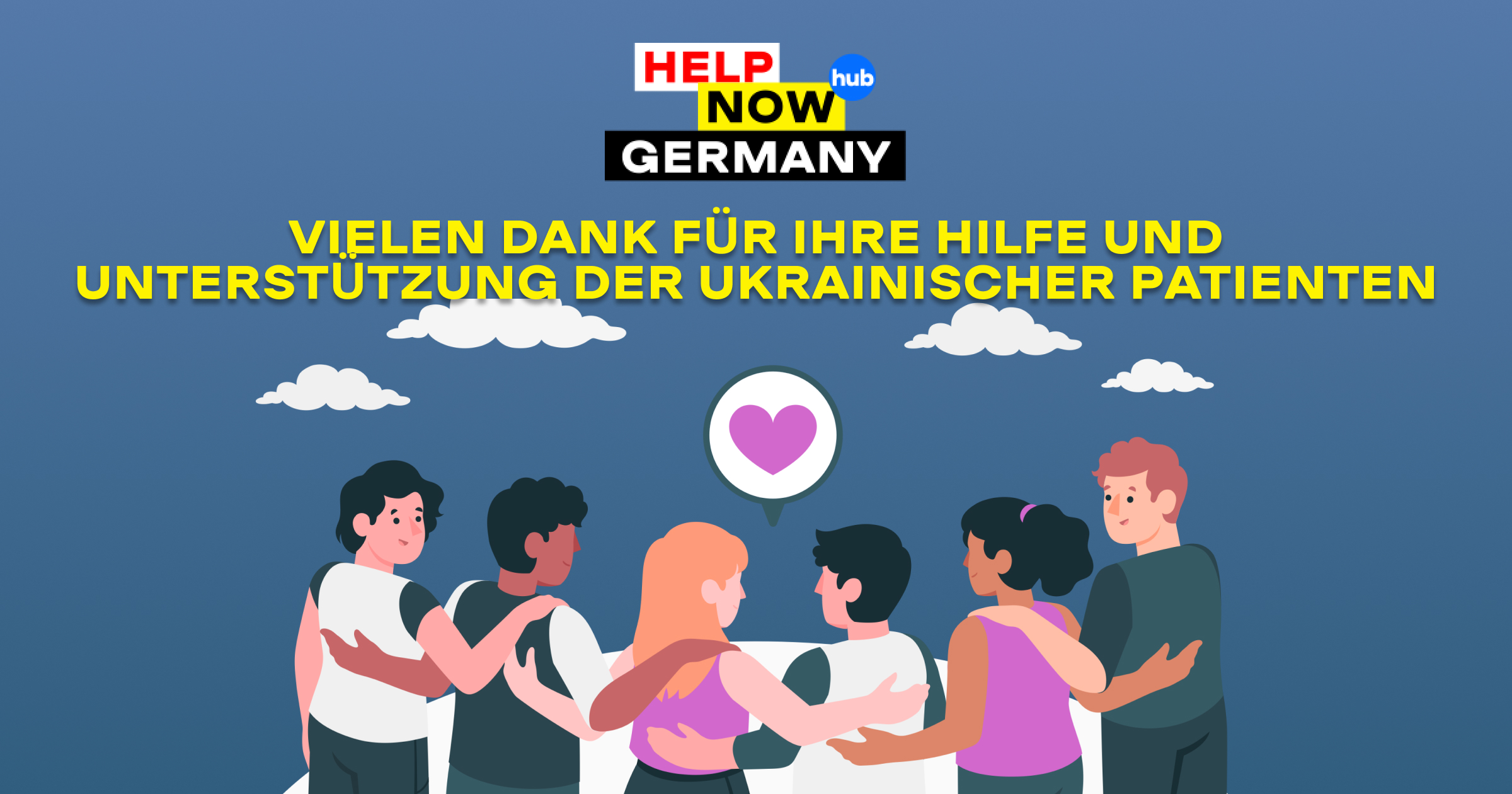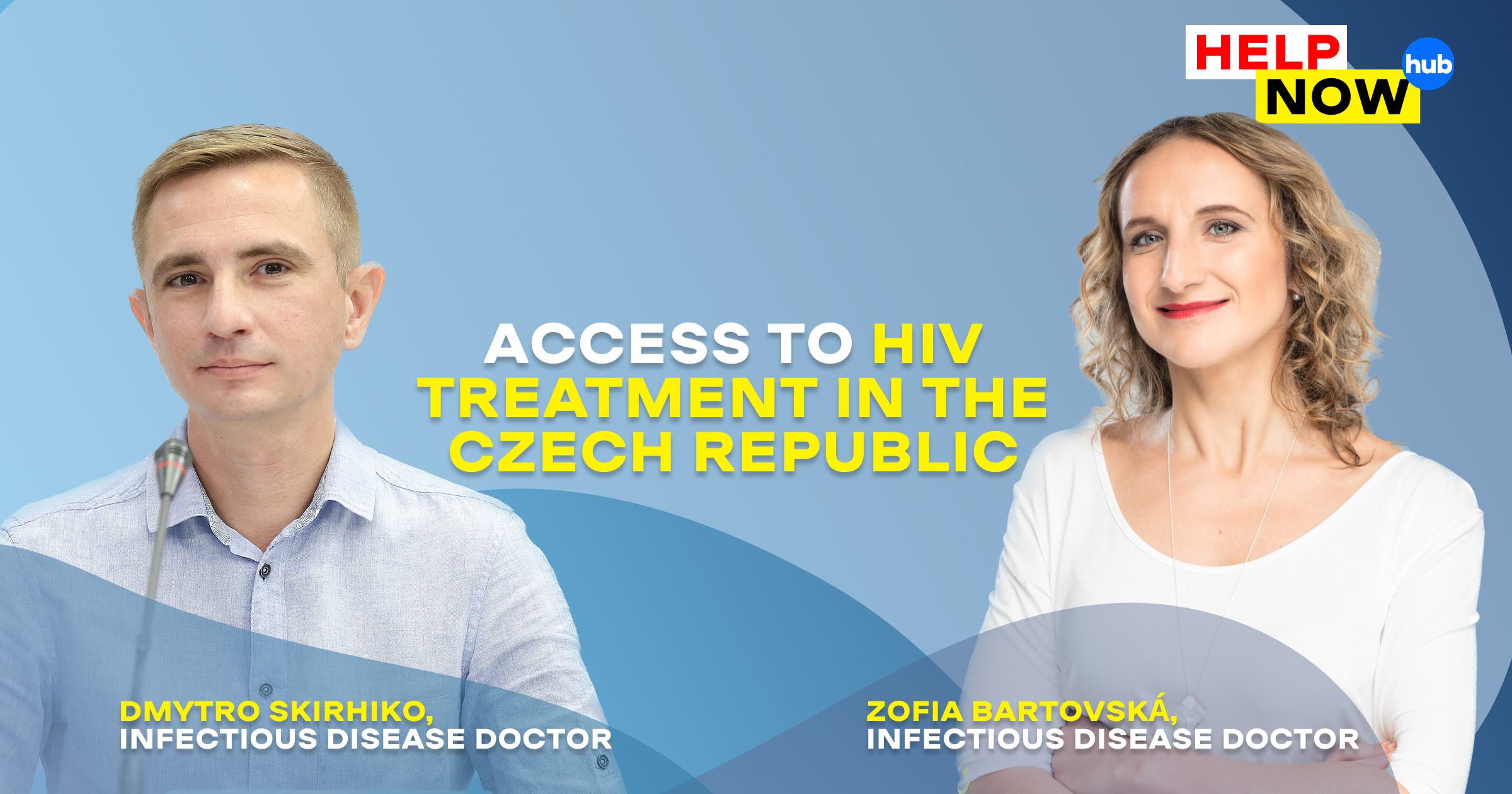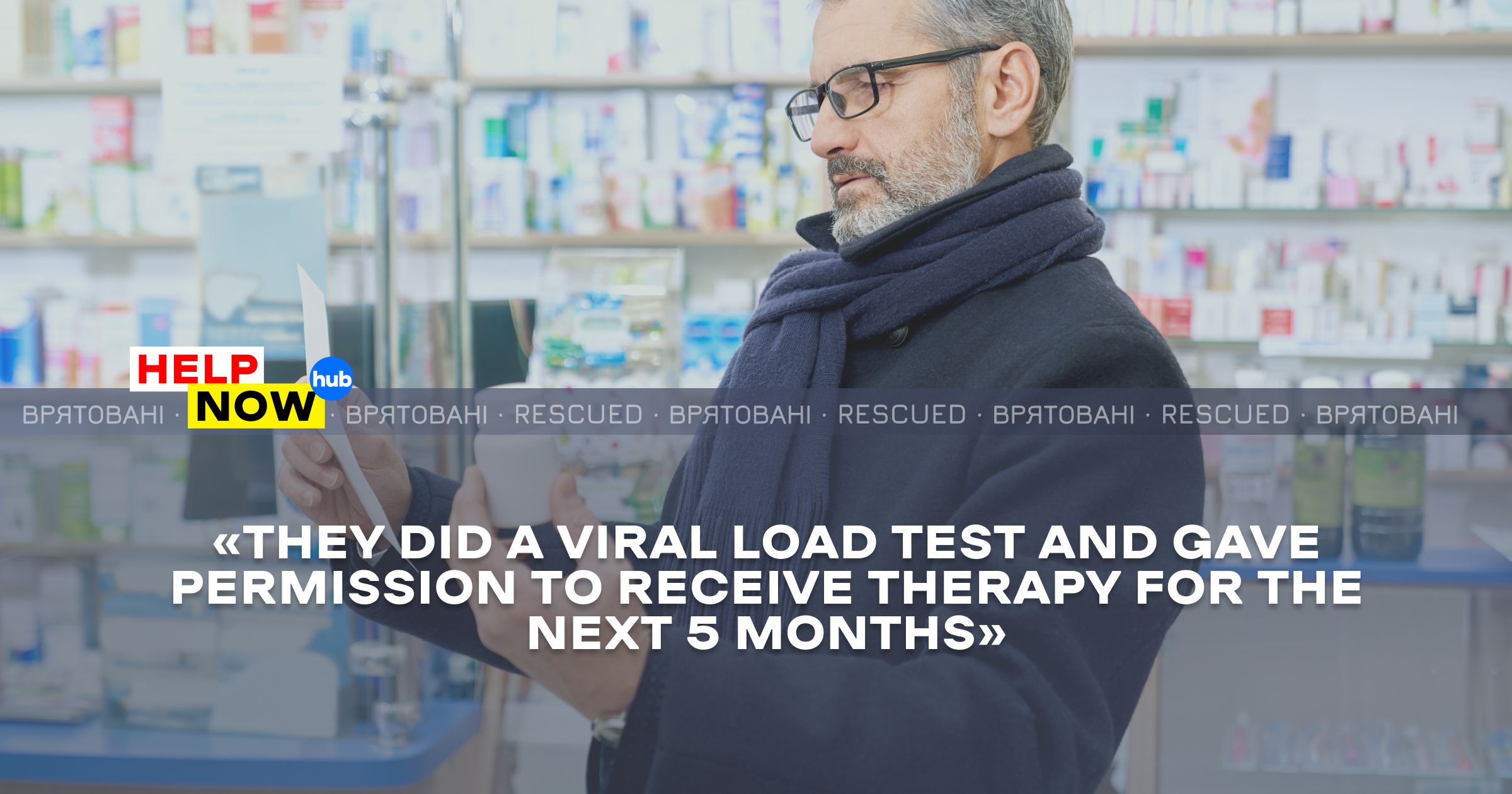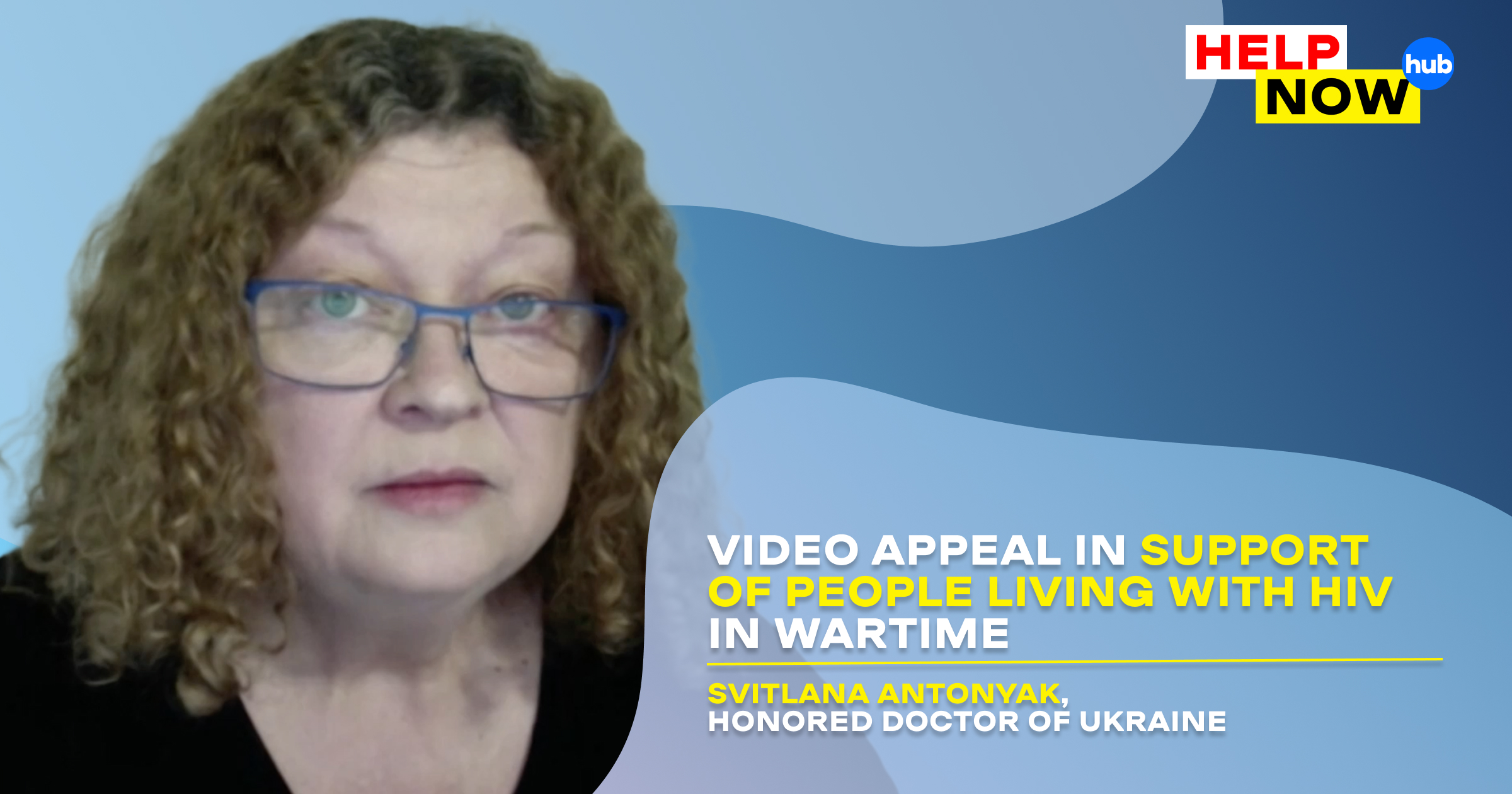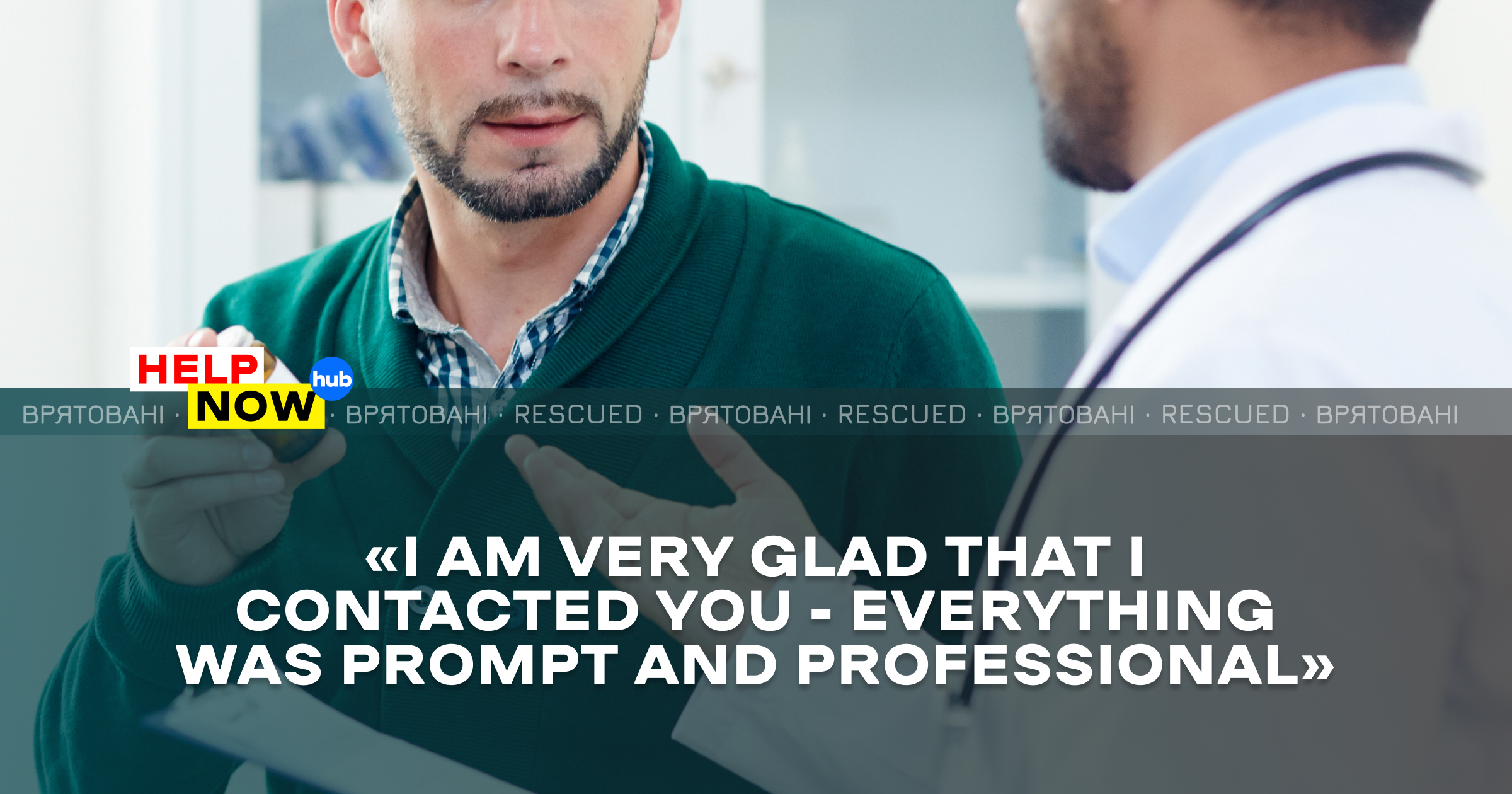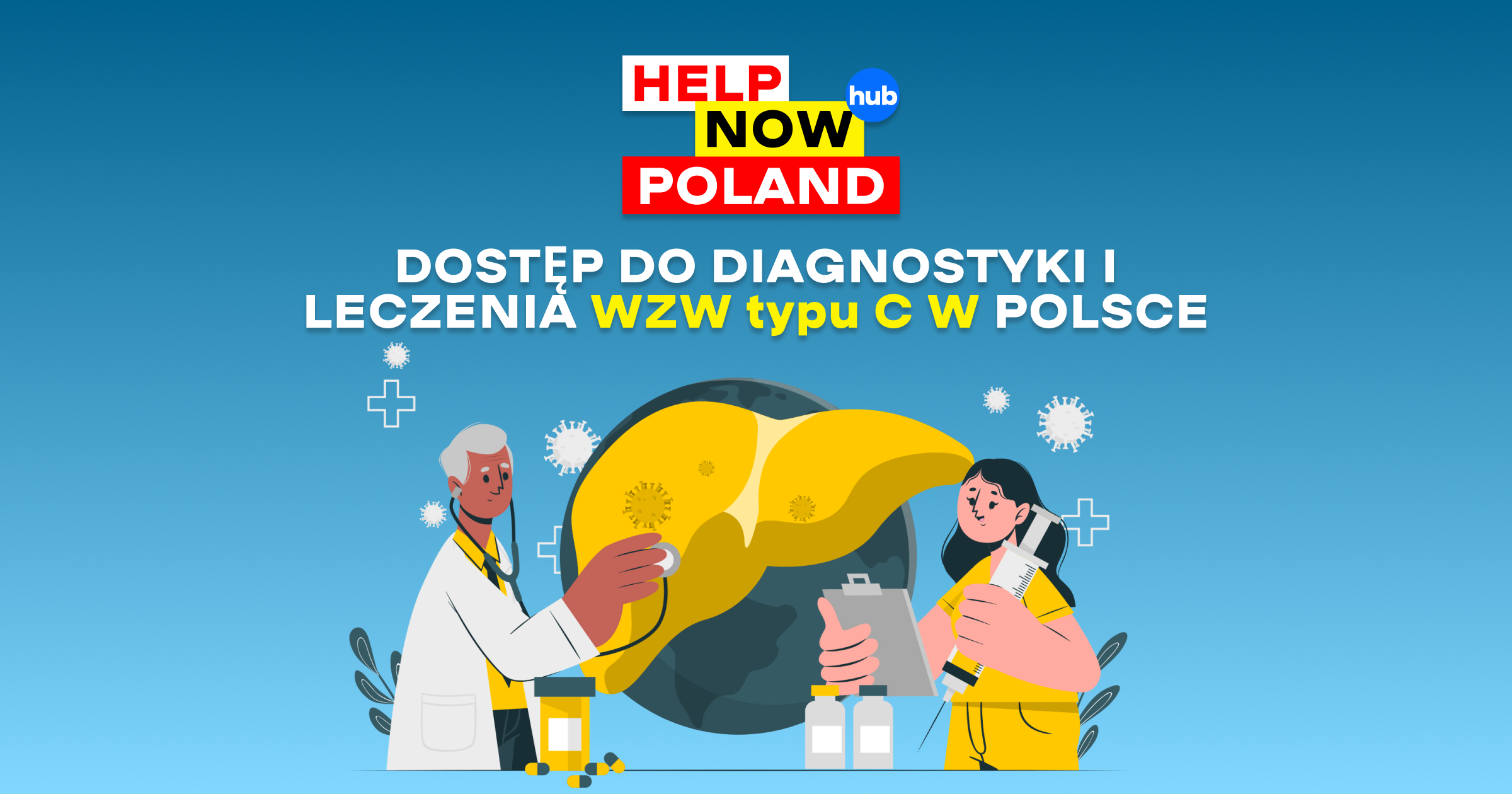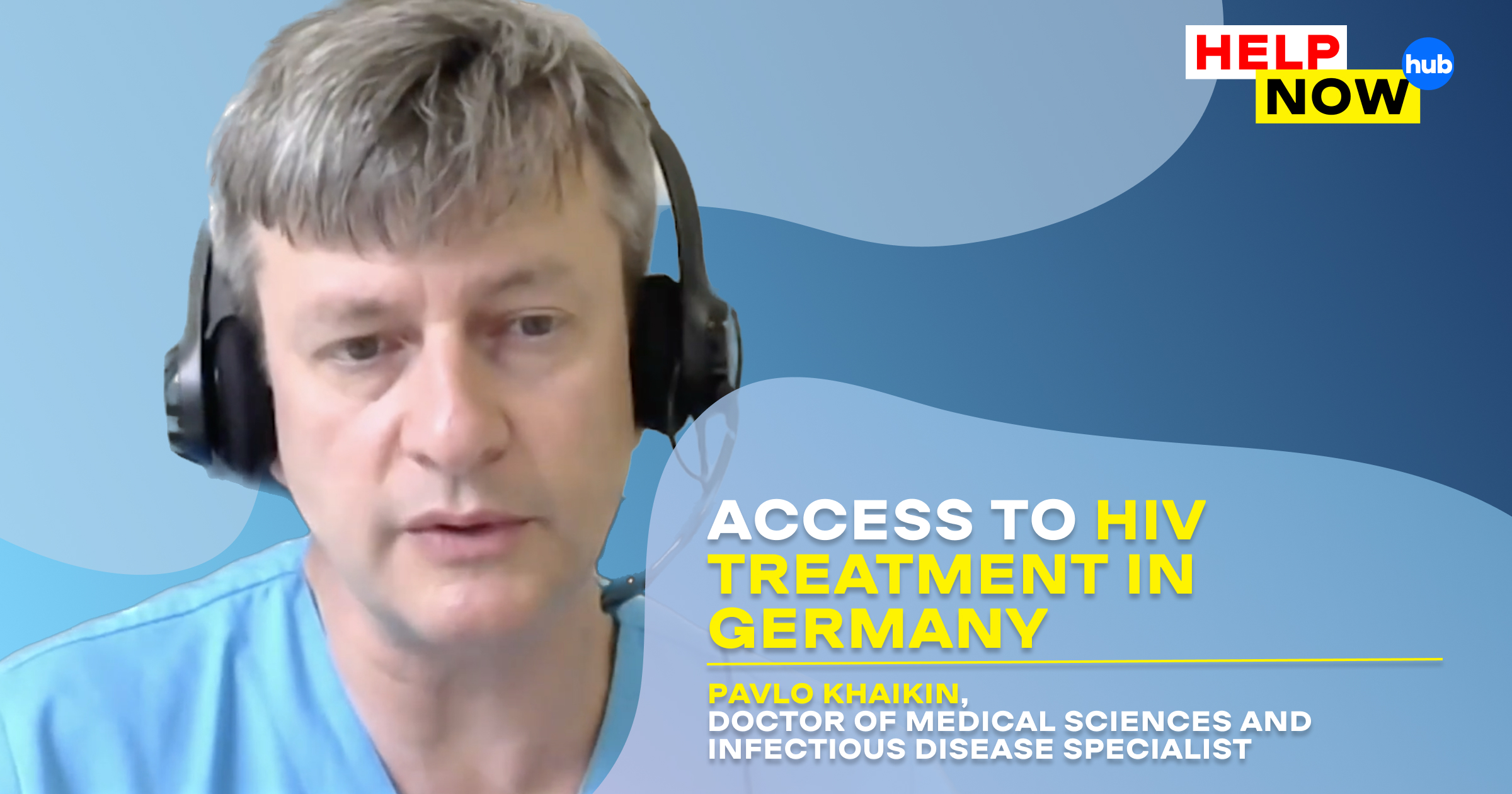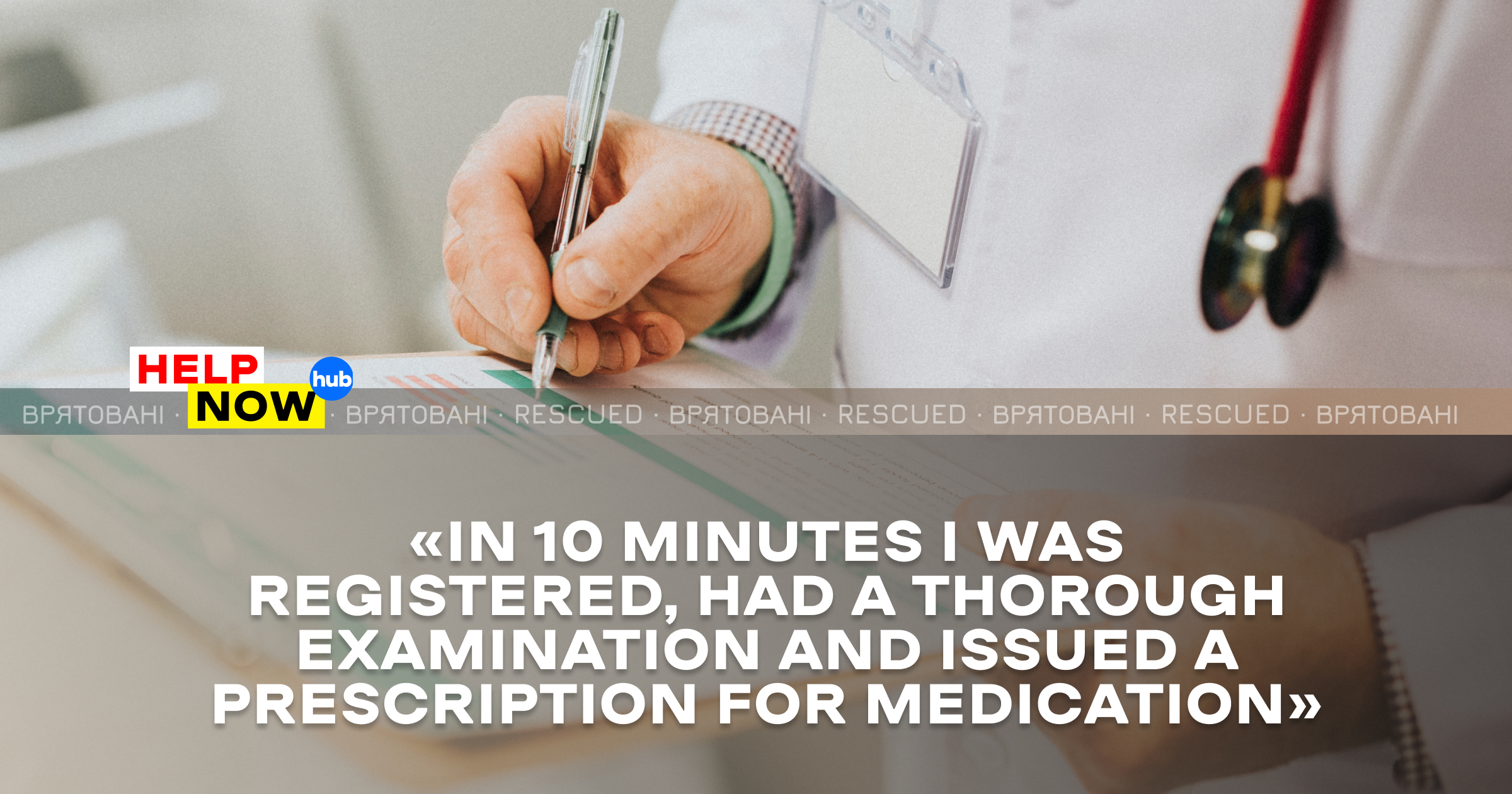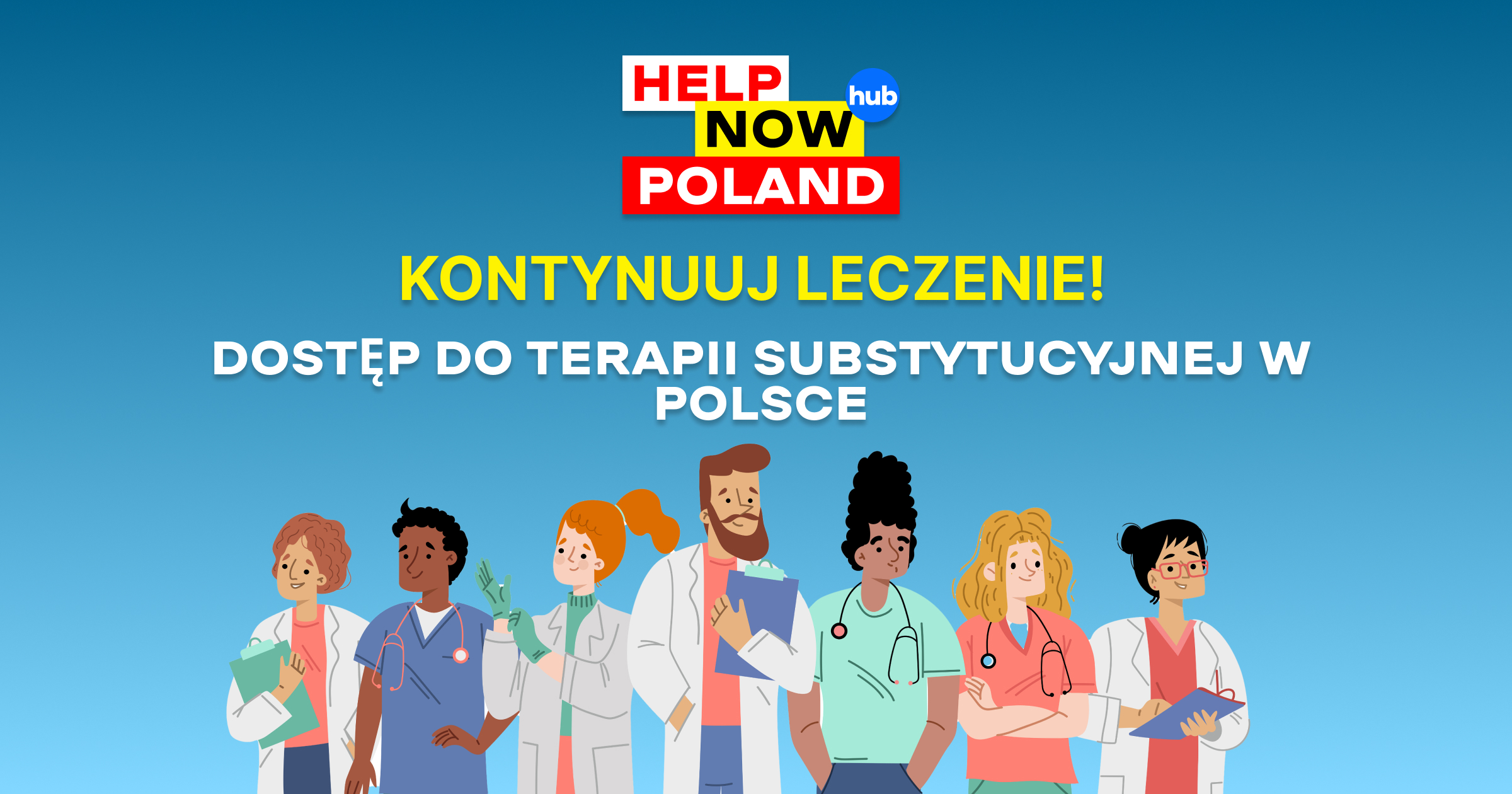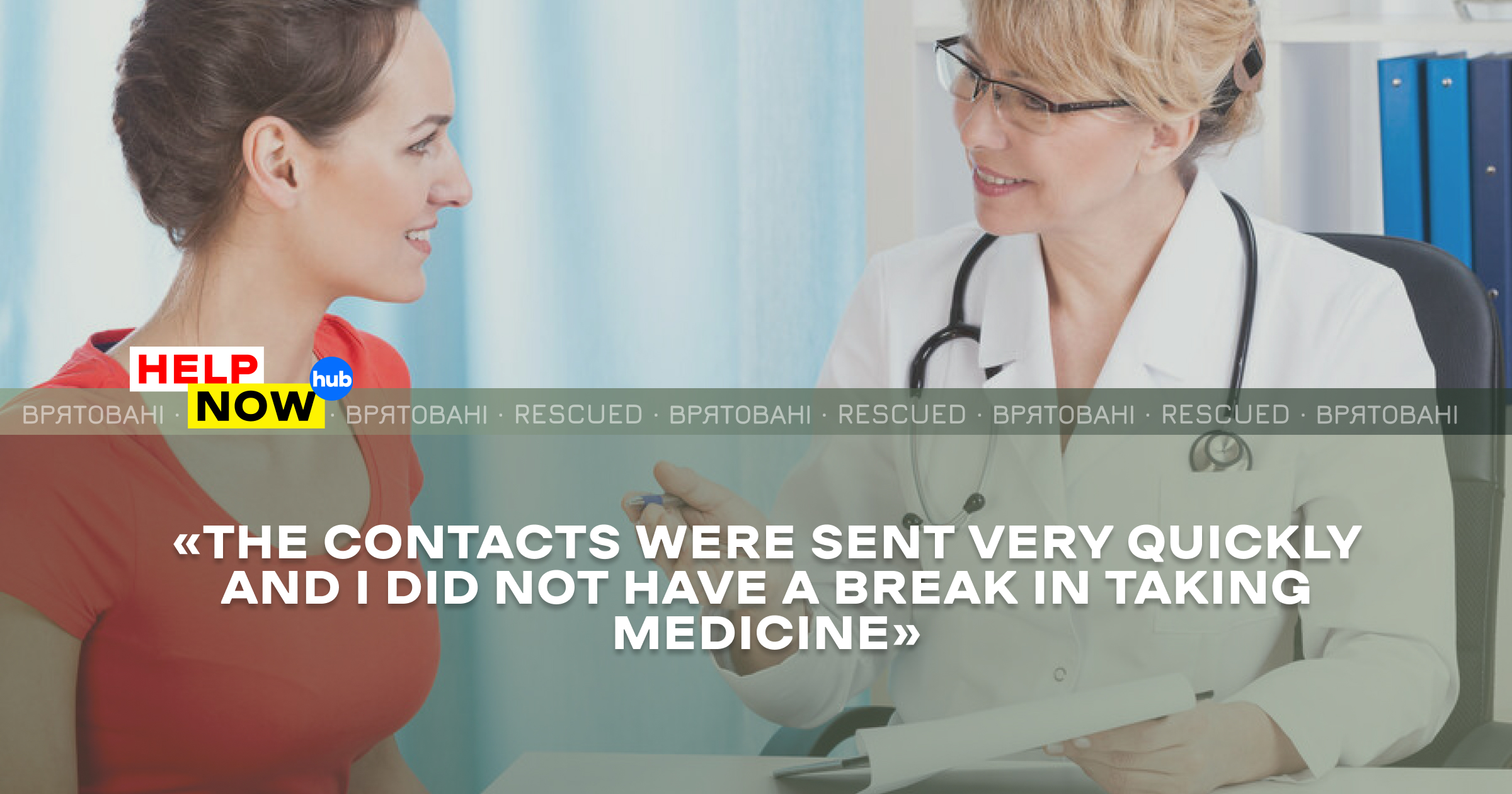Traditionell widmen Massenmedien bereits am 1. Dezember der Problematik von HIV/AIDS besondere Aufmerksamkeit und fordern die Menschen auf, gegenüber Menschen mit HIV so tolerant wie möglich zu sein. An diesem Tag möchten wir herzlich den deutschen Ärztinnen und Ärzten danken, die den Ukrainern seit den Anfängen des HelpNow-Dienstes in Deutschland helfen.
Sie waren es, die wiederholt nicht nur professionelle Beratung oder medizinische Untersuchung durchführten, sondern auch ukrainische HIV-Patienten mit offener Seele und aufrichtigem Herzen behandelten. Hier, tausende Kilometer von zu Hause entfernt, sind Sensibilität und Verständnis das Wichtigste, was wir uns gegenseitig geben können.
Es waren diese Menschen, Ärztinnen und Ärzte, die schnell auf dringende Anfragen reagierten, die medizinische Probleme der Patienten oft selbstständig lösten und ihre Zeit opferten, um so schnell wie möglich zu helfen. Sie waren immer bereit, alles zu tun, um die Kontinuität der HIV-Behandlung zu gewährleisten.
Im Namen unserer Bediener und Patienten möchten wir uns bei Dr.med. Sabine Mauruschat, Dr. med. Christoph Wyen, Dr. med. Tim Kummerle, Dr. med. Esther Voigt, Dr. med.Markus Müller, Dr. med. Pavel Khaykin und Dr. med. André Manutscharow bedanken.
Besonderer Dank gilt der deutschen Organisation, Deutsche Aidshilfe (DAH), für Hilfe und Unterstützung bei der Gründung und Entwicklung unseres Dienstes, Schulungen, Advocacy-Unterstützung, Beratungen, operative Unterstützung und Zusammenarbeit bei der Lösung problematischer Situationen und insbesondere: Dirk Schäffer, Referent für Drogen und Strafvollzug; Werner Bock, Fachliche Leitung Telefon- und Onlineberatung; Sasha Gurinova, Referentin Internationales und Sergiu Grimalschi, Referent für Migrationsarbeit Berliner AIDS-Hilfe.
Wir danken auch Frank Woike, Beauftragten Sucht und Suchtprävention der Landeshauptstadt in Hannover, für die ständige und effektive Hilfe bei der Lösung schwieriger Situationen mit Zugang zur Substitutionsbehandlung für ukrainische Flüchtlinge in der Stadt Hannover.

